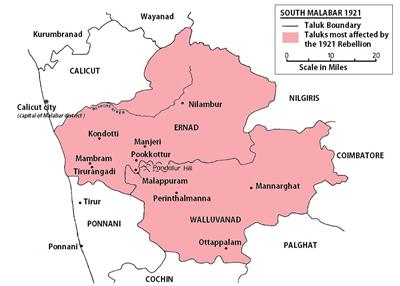PDF chapter test TRY NOW
Deccan Riots (1875)
Area: Ryotwari areas of Pune and Ahmednagar in Maharashtra.
Reason: oppression from moneylenders and the Ryotwari system of revenue by the government.
Reason: oppression from moneylenders and the Ryotwari system of revenue by the government.
Course of the revolt
Result
Initially, the government resorted to using the military to suppress the riot. Later, to appease the movement, the government protected farmers against moneylenders by framing the Deccan Agriculturists Relief Act.Punjab Peasant Movement (1890-1900)
In Punjab, the urban moneylenders confiscated the lands of local farmers as they failed to pay their debts. The Government of India, expecting a revolt in the province, which gave a large number of soldiers to the British Indian Army, passed the Punjab Land Alienation Act in \(1900\ \)in order to protect the peasants of Punjab.
Thus, the Act divided the population of Punjab into three classes viz., the agricultural classes, the statutory agriculturist class and the remaining population, which includes even the moneylenders. Limitations were imposed on the sale and mortgage of the land from the first class to the other two classes.
Moplah Rebellion (1921)
Area: Mopla region of Malabar (Kerala)
Reason: Peasants revolted against the landlords and the British government.
Leader: Ali Musaliyar
Reason: Peasants revolted against the landlords and the British government.
Leader: Ali Musaliyar
The Mopla farmers belonged to the Muslim community, and the Zamindars (Jenmis) belonged to the Hindus. Thus the colonial government gave a communal frame to this movement. Initially, the revolt was against British rule. However, this movement gained support from Mahatma Gandhi, Shaukat Ali, Maulana Abul Kalam Azad as the campaign was contemporary to the non-cooperation and Khilafat movements

Areas affected by the Malabar Rebellion 1921.
Result
Hundreds of Moplah farmers lost lives. Thus, they were thoroughly weakened and didn’t join any future freedom struggles—even the communist movements in post independence.
Reference:
Image Source: Nmkuttiady, CC BY-SA 3.0 <https://creativecommons.org/licenses/by-sa/3.0>, via Wikimedia Commons
